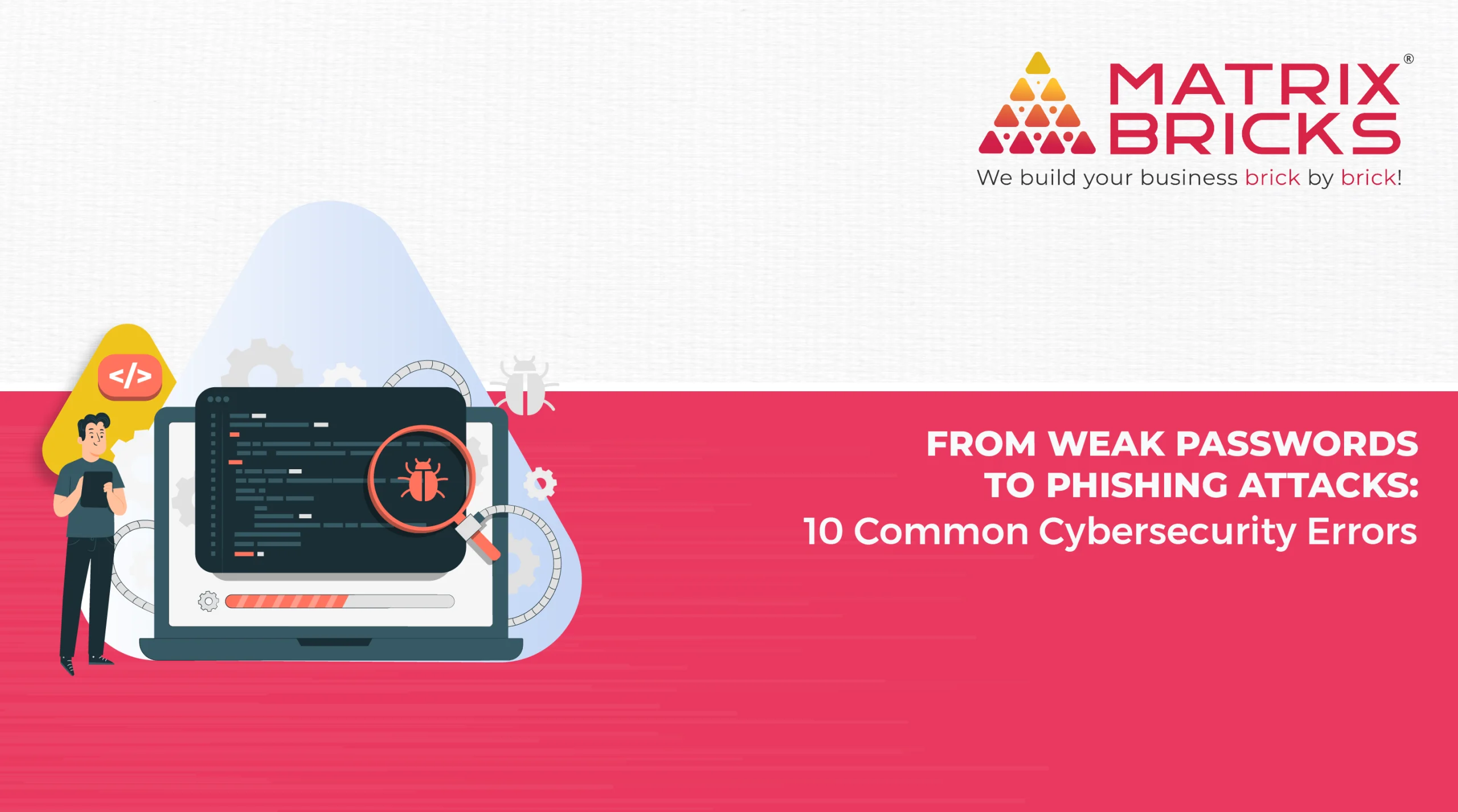SecOps, short for Security Operations, integrates security practices within IT operations to enhance an organization’s security posture. This approach fosters collaboration between security and operations teams to proactively manage threats and ensure continuous protection. By leveraging automation and real-time analysis, SecOps aims for swift incident response and robust defense against cyber threats.
Why SecOps?
Cybersecurity threats are becoming increasingly pervasive and complex, targeting vulnerabilities across networks, applications, and endpoints. Traditional security measures are no longer sufficient to combat these sophisticated attacks. SecOps emerges as a proactive strategy, integrating security practices into the very fabric of IT operations. By fostering collaboration between security and operations teams, SecOps ensures swift detection, response, and mitigation of threats, thereby bolstering your organization’s resilience against cyber-attacks.

Benefits of SecOps Methodology
Enhanced Threat Detection
SecOps employs advanced monitoring and analysis tools to detect suspicious activities in real-time, enabling proactive threat mitigation.
Improved Incident Response
By breaking down silos between security and operations teams, SecOps facilitates seamless communication and coordinated responses to security incidents, minimizing downtime and mitigating potential damage.
Optimized Resource Utilization
Through automation and orchestration, SecOps streamlines security processes, allowing organizations to optimize resource allocation and maximize operational efficiency.
Compliance Adherence
SecOps frameworks align with regulatory requirements, ensuring compliance with industry standards and safeguarding sensitive data from breaches and penalties.
SecOps Solutions and Services
We specialize in IT security operations, offering a comprehensive suite of solutions designed to fortify your security ops ecosystem. Explore our offerings:



Security Monitoring and Analysis
Incident Response and Management
Vulnerability Management
Threat Intelligence Integration
Security Automation and Orchestration
SIEM (Security Information and Event Management)
Endpoint Detection and Response (EDR)
Security Orchestration, Automation, and Response (SOAR)
Threat Intelligence Platforms (TIP)
Identity and Access Management (IAM)
Get Your Free Audit Now!
Frequently asked questions
What is SecOps?
Why is SecOps important?
What are the key components of SecOps?
How do SecOps security practices improve cyber security operations?
What is the role of a SecOps team?
How does SecOps differ from traditional information security operations?
What are the benefits of incorporating SecOps into DevOps?
What is continuous monitoring in the context of SecOps?
How do vulnerability assessments contribute to SecOps?
What is the significance of rapid incident response in SecOps?
Client Testimonials












